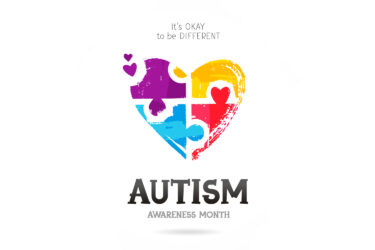
An inclusive work environment is essential for any organization that wants to succeed in today’s competitive market. From fostering communication between different cultures and perspectives, to providing resources to help neurodivergent individuals better understand their role, it is becoming increasingly important to create a welcoming workplace for everyone.
As part of Autism Awareness Month, it is important to recognize the wide range of talents, skills and insights neurodivergent individuals can bring to any workplace. When it comes to hiring practices, organizations should focus on creating an inclusive environment from the start. This includes conducting regular assessments to measure job performance using objective criteria.
Conducting regular assessments for job performance should include analyzing key metrics related to the role such as production speed and accuracy, quality of work output, communication skills, attitude and collaboration within a team. Additionally, organizations can assess progress through feedback from supervisors and peers, while providing employees with resources to help them stay on track and improve their performance over time. This approach works especially well for autistic candidates who may have difficulty communicating verbally or interacting in certain social scenarios.
Without regular assessments, those on the spectrum may have difficulty demonstrating their unique skills and strengths to employers because of communication barriers or difficulty interpreting social cues. Additionally, they may struggle to understand feedback that is given without clear direction. This can lead to frustration and confusion on their part, potentially limiting opportunities for growth or advancement.
The benefits of having a neurodivergent workforce are numerous. Autistic workers often demonstrate attention to detail, high levels of dedication, and excellent problem-solving abilities in creative situations which can help teams innovate faster while achieving better results than before.
People on the spectrum often see problems in a different way. That can help provide new perspectives and insights that may lead to more creative solutions. It also encourages people to challenge their existing thought patterns, which can result in a deeper understanding of the problem and novel ways of approaching it.
Those with autism display proficiency across many different roles depending on their individual strengths – moving beyond stereotypes that pigeonhole them into certain career paths.
Inclusion is not only beneficial for autistic employees themselves but also impacts company culture at large by fostering communication between different backgrounds and perspectives – leading to more collaboration among team members and ultimately a more satisfying work experience overall. It is more crucial than ever to recognize the wide range of talents, skills and insights neurodivergent individuals can bring to any workplace.